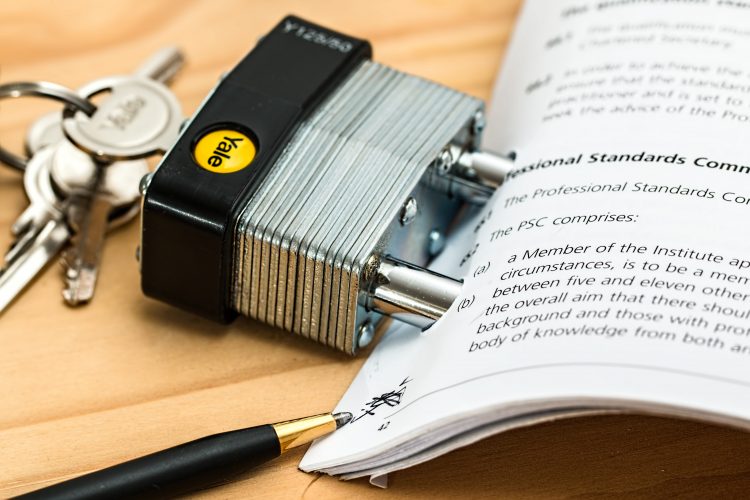Current Location
Real Estate
Sacramento Top 10 Best Real Estate Attorney Guide is a user generated list and map of the best real estate lawyers in the Greater Sacramento Area, including Sacramento, Folsom, Roseville, Elk Grove, EL Dorado Hills, Rancho Cordova, Citrus Heights, Orangevale, West Sacramento, Rancho Murieta, Fair Oaks, Carmichael, Rocklin, Lincoln, Loomis, Granite Bay, Auburn, Placerville, Cameron Park, Davis, Woodland, Sutter Creek, Jackson, Yuba City & Marysville. If you’ve had a positive experience with one of these attorneys, please share your recommendation by giving them a thumb up. Your review is important to us.



